When it comes to working towards recovering from burnout, it is common knowledge that rest is needed. And that is far easier said than done because rest is a bit more dynamic than laying on the couch or catching up on sleep. There is a difference between sleep vs rest. While sleep is important for a number of reasons, it is only a part of a type of rest. As detailed below, sleep is a part of physical rest, and there are 7 kinds of rest that support us feeling our best.
When it comes to working towards getting out of a cycle of burnout, it seems intuitive to do less, and actually we want to add in more, not less. (For those with chronic illness, there are further considerations that aren’t addressed here, but perhaps look out for future blogs on this).
Hear me out on this…not more work or more life sucking things. We need to add more variety of activities and things that tap into other parts of ourselves than just the work part (or parenting, or caregiving, or fill in the blank with big life responsibilities). Often my clients who come to me to work on burnout, report that their lives have become quite small with most focus on work and whatever other responsibility is also there.
Rather than attempt to go into all of the elements that tend to be a part of burnout recovery, this post will focus on the “rest” component.
7 Kinds of Rest
You may have googled or seen on your social media feed a creator sharing about rest or different types of rest…and here is a common list found for the 7 kinds of rest.
- Physical Rest
- Mental Rest
- Spiritual Rest
- Creative Rest
- Social Rest
- Sensory Rest
- Emotional Rest
Some ideas to explore for the different kinds of rest.
Phyiscal Rest
This is resting the body. There are passive forms that would include sleeping and napping.
- Consider trying to go to sleep 30 minutes earlier
- Incorporating a nightly routine that supports relaxation and sleep
- Taking a nap on the weekend
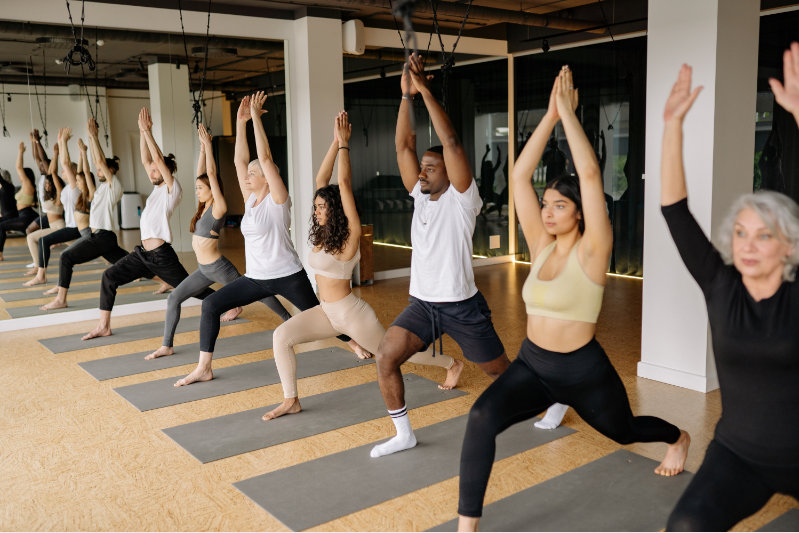
There are also some active forms as well. These forms can include:
- Restorative yoga
- Stretching
- Foam rolling
- Massage
- Gentle movement like walking, swimming, or biking at low intensities.
Mental Rest
As the name indicates, this is resting the mind, supporting our mind in taking a break from being “on”. Consider taking a break from screens or activities that are highly mentally stimulating or requiring a lot of mental energy. This can look like:
- Incorporating short 1-5 minute breaks during the work day to step away from screens and pause and slow down
- Taking a break from your phone or maybe setting a time each day or week where you are “unplugged”.
- Engaging in less mentally stimulating activities, such as going outside, doing a short meditation or breathing exercise, or spending time with a pet.
- Writing down a to-do list or list of thoughts that are keeping your mind in “go mode”.

Spiritual Rest
Connecting to something bigger than us that supports our sense of belonging, gratitude, acceptance, and connection. Spiritual rest is helping us connect to meaning and purpose. This does not need to involve religion, and for some, it does.
Some examples:
- Meditation
- Prayer
- Community involvement or volunteer opportunities
- Reflecting on your values
- Practicing gratitude through verbal appreciation, gratitude journal, or reflecting on what and who you have gratitude for
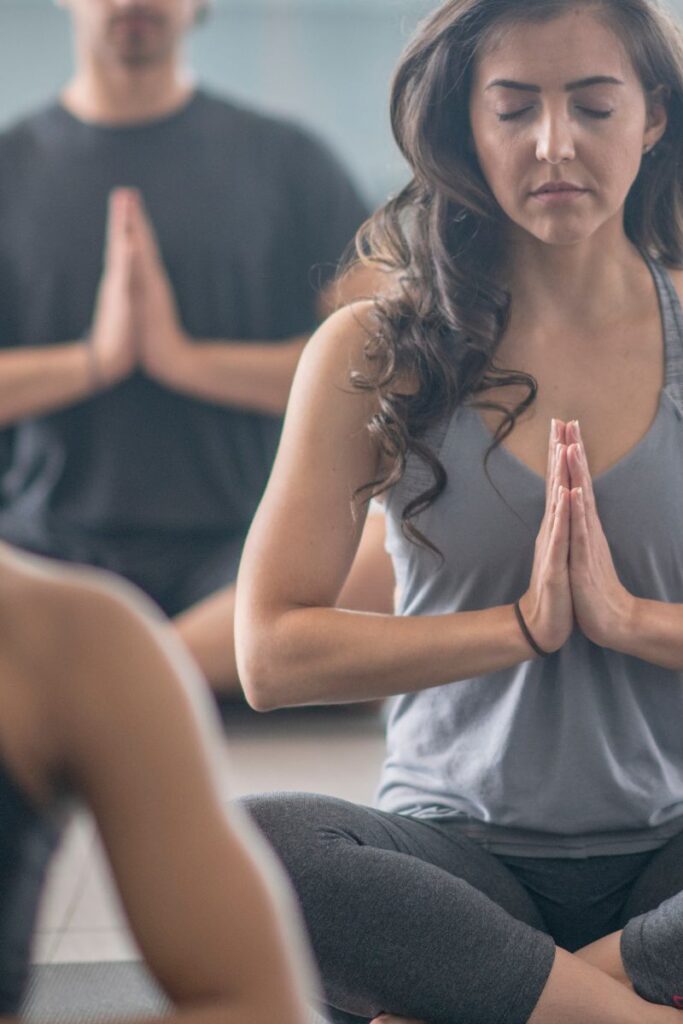
Creative Rest
This is especially important for those of us who engage in a lot of problem solving and idea making. Creative rest is reconnecting to what brings you a sense of joy, awe, wonder. It is connecting to the things that help you feel inspired and excited about creating again.
Examples:
- Going out into nature and possibly visiting a new trail, park, waterfall, view
- Take a drive in nature
- Enjoying local art or performances
- Hanging pictures of places or art you enjoy in your home or around your workspace

Social Rest
This is recharging your social battery and for some that is taking time to recharge with “me time”, spending time with specific loved ones, or a combination or both. Examples:
- Learning to differentiate between which relationships are supportive and uplifting versus ones that are draining and exhausting
- Spending time with that friend who you can share with and does not require an explanation because they know how you think
- Spending quality time with loved ones, the ones who you can be yourself around
- Taking time away from social interactions to reconnect with yourself instead
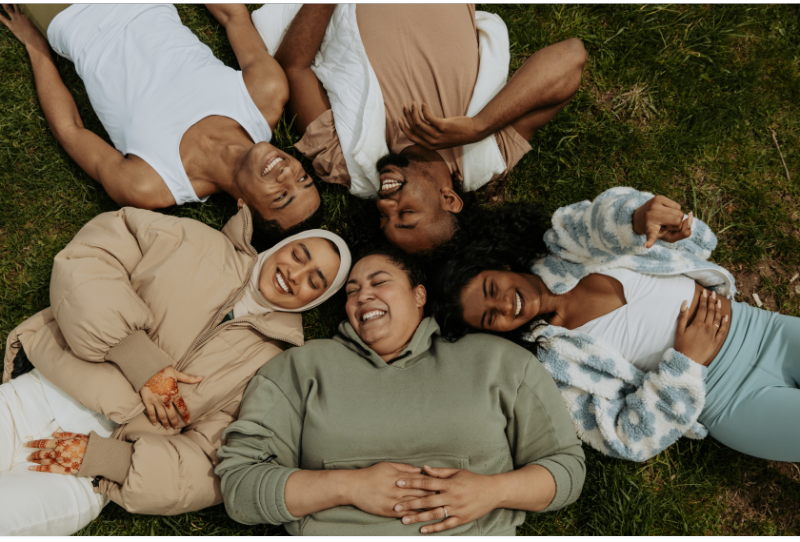
Sensory Rest
Our current world is highly stimulating from the light of our screens, background noises (work, tv, music, children), overhead lighting, uncomfortable, yet professional clothes. Sensory rest includes limiting sensory input that stresses you out and engaging in sensory stimulus that is pleasant. Examples to support sensory rest:
- Wearing noise canceling headphones in loud environments
- Putting on comfortable or soft clothes after work
- Taking a warm shower or bath and possibly incorporating essential oils if those aren’t overwhelming
- Sitting outside or spending time in nature, preferably in places with decreased noise pollution
- Using warmer lighting or lamps rather than harsh overhead lighting
- Sitting in a hammock or rocking chair
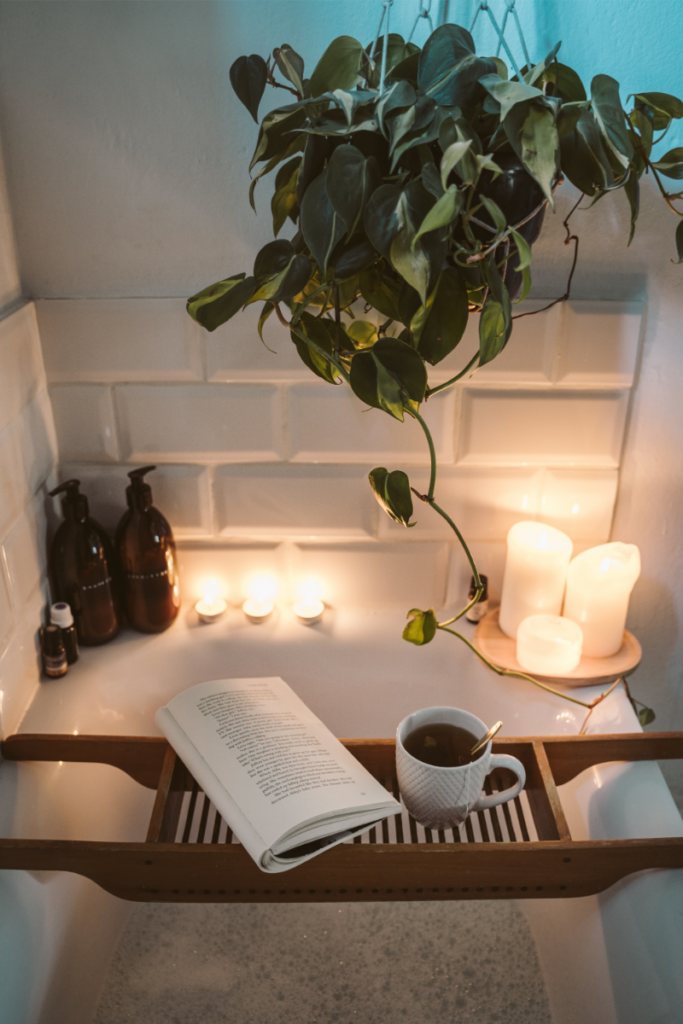
Emotional Rest
This is giving time and space to process recent or past emotions and possibly reflect on triggers.
- Finding a space where you don’t need to people please or care take (if this is a struggle for you)
- Sharing current and recent emotions with a trusted person
- Engaging in regular therapy, individual or group
- Reflecting on and respecting your own boundaries

Before you get overwhelmed with figuring out how to do all of these 7 kinds of rest now…(that is an on ramp to more overwhelm and perhaps even reinforcing burnout), pick one, maybe 2 and start to explore these different kinds of rest for the next couple of weeks.
As you read through the list, see which ones pop out as most interesting or available. These impulses are where to start. Then go back and see what might be next available to try and explore.
Addressing burnout means redefining your definition of rest to being a bit more dynamic and diverse. It takes time and willingness to start to see yourself outside your identity as a _______(fill in the blank with your career title or parenting role).
Are you looking for support in exploring how to continue recovering from burnout or where to start with incorporating more of the 7 kinds of rest in your life? I would love to help! Reach out for a free consultation.
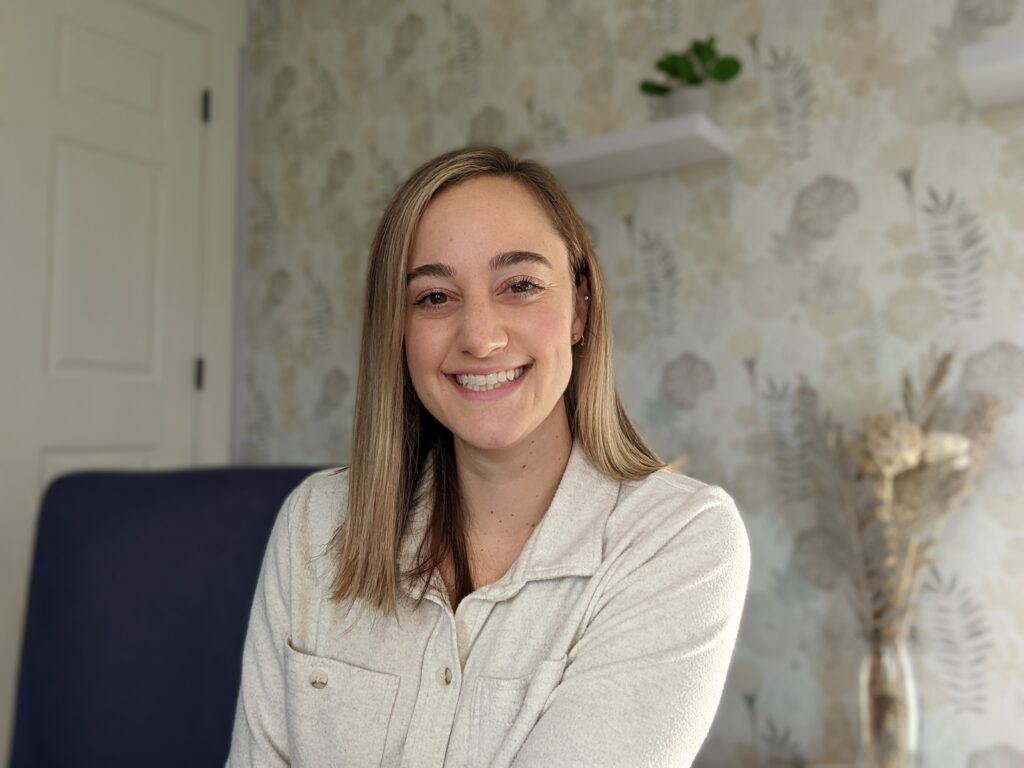
Interested in learning more about how I help clients start to recover from burnout? Learn More
© 2022-2026 Lexi Gross Counseling PLLC
